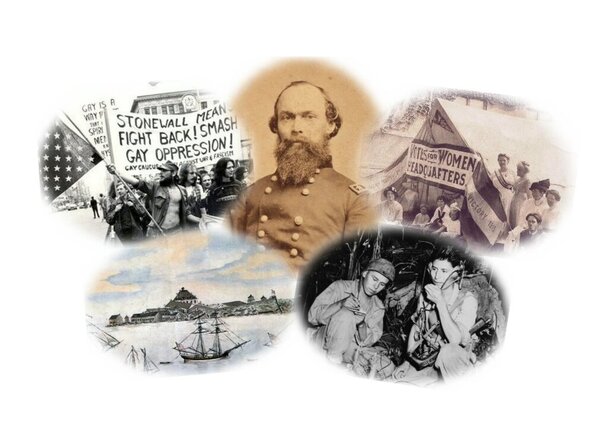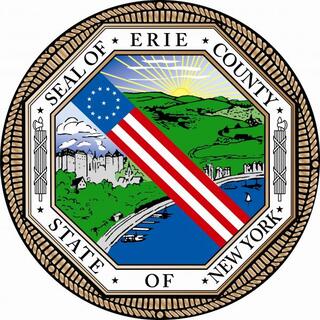History is a rich, complex tapestry comprised of people, memories, architecture, politics, religion, culture and many other elements. As such, however, it is important to appreciate that our understanding of history is always reliant on context.
For example, schoolchildren are taught that “President Lincoln freed the slaves.” Contextually, however, we know that the 1863 Emancipation Proclamation freed slaves only in those states “in rebellion against the United States,” and thus made no real difference until 1865, when the Union Army occupied the last Confederate state and informed enslaved African Americans in Texas of their freedom. Still, it took the 13th Amendment in 1865 to legally eliminate slavery from the whole of the United States.
History involves everyone, everywhere, everywhen. We honor it, and those who came before us, by knowing the details. Summer 2022 is full of historic observances that are sometimes overlooked. Because of the importance of history in defining our past, present and future, it is vital that we remember our shared past as accurately, and completely, as possible.
Pride Month: This celebration honors the riots in response to a police raid on the Stonewall Inn, a gay club. The raid led to six days of protests in New York City beginning June 28, 1969. It was a key moment in the long fight for LGBTQ rights in America.
June 2 (1924) - American Indian Citizenship Day: Congress granted U.S. citizenship to natives of the American continent.
June 6 (1944) - D-Day: Among the thousands of soldiers, sailors and airmen who took part in the invasion of Normandy, France, were many Western New Yorkers. Many of them would give their lives for the liberation of Europe in the coming days.
June 14 - Family History Day: Let your elders regale you with tales of their youth. Make sure their stories are never forgotten.
June 14 (1777) - Flag Day: Buffalo teacher Sara Hinson began the tradition of honoring the day the Continental Congress approved the original design of the American flag. President Woodrow Wilson made it a holiday in 1916.
June 19 (1865) - Juneteenth: Now a federal holiday (observed on June 20, 2022), this celebrates Union General Gordon Granger’s arrival in Galveston, TX, to announce the end of the Civil War, and the official freedom of all enslaved African Americans in former Confederate territories.
July 4 (1776) - Independence Day: Commemorates the passage of the Declaration of Independence by the Continental Congress. Nearly one third of all battles in the Revolutionary War were fought in New York State. Fort Niagara served as the headquarters for British forces on the Great Lakes and was the staging area for numerous raids by “Americans” who preferred to remain loyal to the British Crown.
July 27 (1953) - National Korean War Veterans Armistice Day: This day marks the end of the Korean Conflict, in which at least 287 Western New York servicemembers died; 509 New Yorkers remain missing.
August 14 - Navajo Code Talkers Day: Contrary to popular belief, it wasn’t just Diné (Navajo) tribal members who used their native language to send unbreakable coded messages during World Wars I and II. The U.S. Army and Marine Corps recruited members of 33 nations, including the Aniyvwiya (Cherokee), Nʉmʉnʉʉ (Comanche) and Kanienʼkehá꞉ka (Mohawk).









